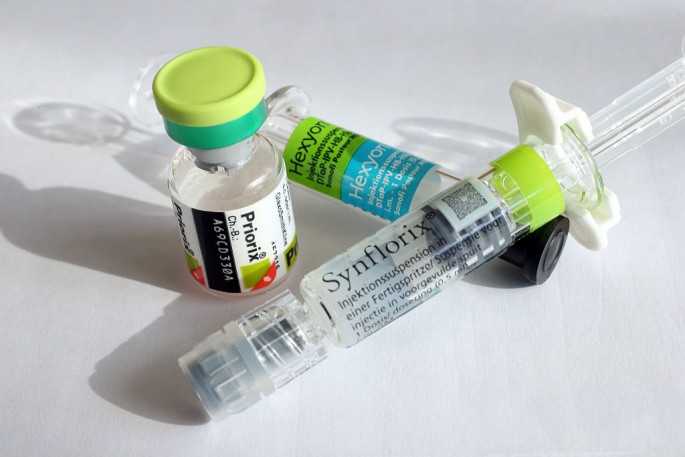China's immunization program is facing a widespread backlash across the country, according to an article by The New York Times. The vaccine scandal has been greatly exacerbated by complaints and the level of government secrecy that surrounds the whole dilemma.
As a result, more parents are wary to get their children vaccinated.
"If he can avoid them in the future, we will not get them," said Song Zhendong, a businessman who refuses to have his 10-month-old son vaccinated, in an interview with The New York Times.
"Why didn't we learn about this sooner? If there's a problem with vaccines for our kids, we should be told as soon as the police knew. Aren't our children the future of the nation?" Song added.
Parents are particularly angered by the fact that it took almost a year for the public to hear of the illicit trade, when it has been uncovered by authorities much earlier.
"Withholding information doesn't maintain public credibility," said Li Shuqing, a lawyer in Jinan, Shandong Province. "In the end, it makes people more distrustful."
To make matters worse, the vaccine scandal has created an atmosphere of distrust toward China's medical system. For critics, it's just enough to topple President Xi Jinping's grip on the country.
Although it's not the first time a scandal has shaken China's food and medicine supplies, it's the first crisis to happen under President Xi, who promised to be different than his predecessors. He came sweeping to office, promising to "protect the people's right to health a priority."
"If our party can't even handle food safety properly while governing China, and this keeps up, some will wonder whether we're up to the job," President Xi said back in 2013 when he became president.
Experts from the World Health Organization (WHO) assure the public, however, that the mishandled vaccines are more likely to be ineffective than harmful.
Investigators from the Chinese government also echoed the same sentiments, saying they've yet to uncover any adverse effects caused by ineffective vaccines.



























